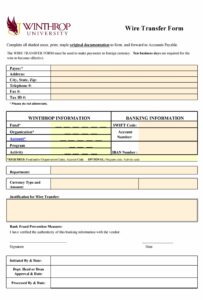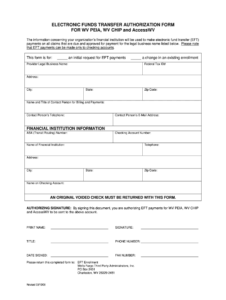The GDPR (General Data Protection Regulation) is a comprehensive data protection law that governs the processing of personal data within the European Union (EU). It sets out a number of requirements for organizations that process personal data, including those that have employees working remotely.
A GDPR remote working policy template can help organizations to comply with these requirements. It should address issues such as the collection, use, storage, and transfer of personal data, as well as the rights of data subjects.
What Should Be Included in a GDPR Remote Working Policy?
A GDPR remote working policy should include the following:
Introduction: This section should provide an overview of the policy and its purpose. It should also state the scope of the policy, such as which employees it applies to.
Definitions: This section should define the key terms used in the policy, such as “personal data,” “processing,” and “data subject.”
Collection and Use of Personal Data: This section should outline the types of personal data that the organization will collect from its remote workers and the purposes for which this data will be used. It should also specify the lawful basis for processing this data, such as consent, contractual necessity, or legal obligation.
Storage and Security of Personal Data: This section should describe the measures that the organization will take to protect personal data from unauthorized access, use, or disclosure. It should also specify the retention period for personal data and the procedures for its secure disposal.
Transfer of Personal Data: This section should outline the circumstances in which the organization may transfer personal data to third parties, such as cloud service providers or other contractors. It should also specify the safeguards that will be put in place to protect the data during transfer.
Rights of Data Subjects
The GDPR gives data subjects a number of rights, including the right to access their personal data, the right to rectification of inaccurate data, the right to erasure of data, and the right to restrict processing.
A GDPR remote working policy should describe how the organization will comply with these rights. It should also specify the procedures that data subjects should follow if they wish to exercise their rights.
Conclusion
A GDPR remote working policy is an essential tool for organizations that want to comply with the GDPR and protect the personal data of their remote workers. By implementing a comprehensive policy, organizations can minimize the risk of data breaches and other security incidents, and they can also ensure that they are respecting the rights of data subjects.
To create a GDPR remote working policy, organizations can use a template or hire a consultant. However, it is important to ensure that the policy is tailored to the specific needs of the organization and that it is regularly reviewed and updated.
FAQ
What is the purpose of a GDPR remote working policy template?
A GDPR remote working policy template helps organizations comply with the GDPR by providing a framework for the collection, use, storage, and transfer of personal data by remote workers.
What should be included in a GDPR remote working policy?
A GDPR remote working policy should include an introduction, definitions, a section on the collection and use of personal data, a section on the storage and security of personal data, a section on the transfer of personal data, and a section on the rights of data subjects.
Who should use a GDPR remote working policy template?
Organizations that have employees working remotely should use a GDPR remote working policy template to ensure compliance with the GDPR.

